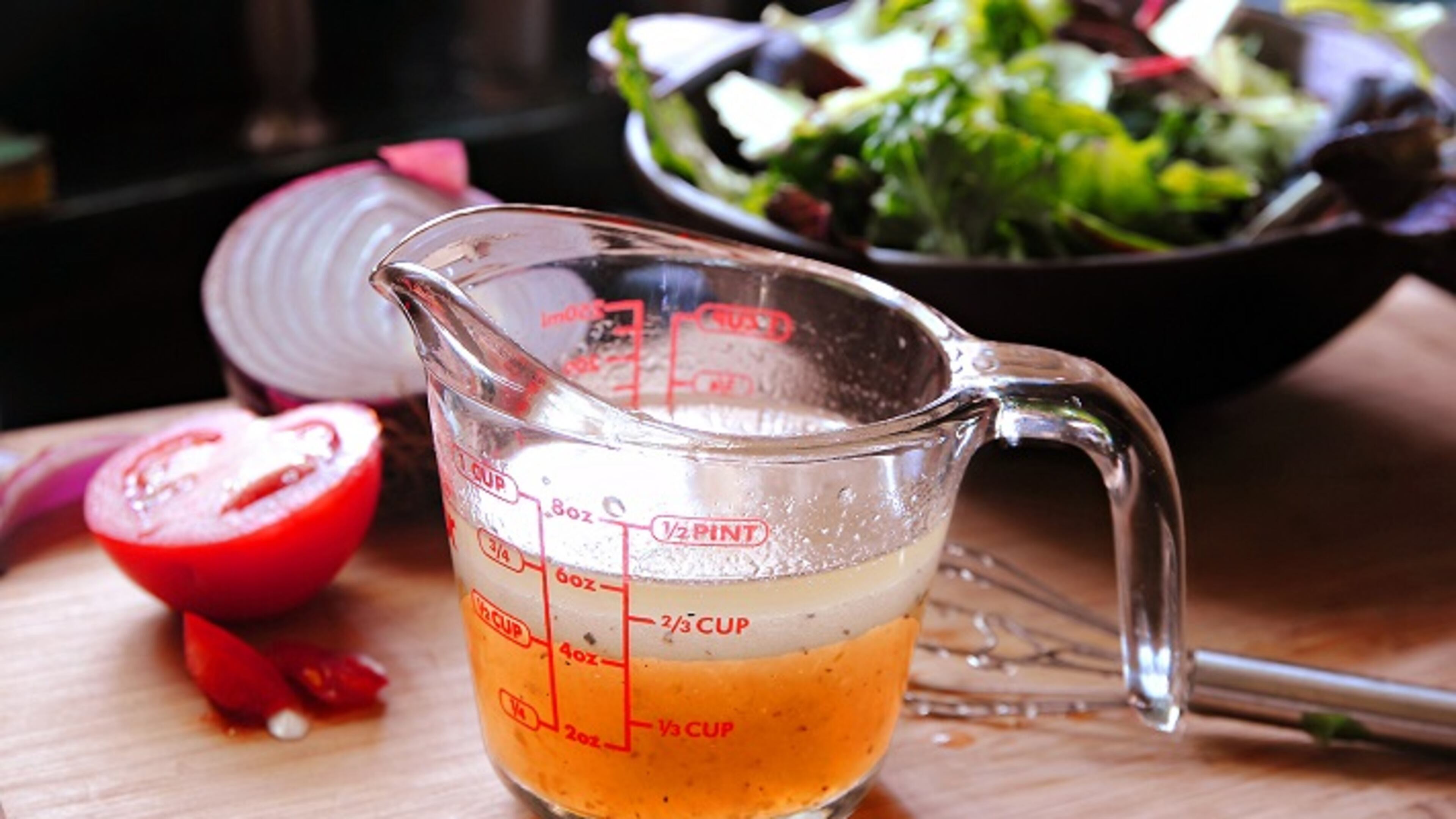Exercise to survive

Want to know what to do to prevent breast cancer from returning?
Exercise.
A new study, published in the Journal of Clinical Oncology, found that longer survival after breast cancer may be as simple as staying fit. Specifically, the study found that regular exercise reduced breast cancer survivors' risk of heart disease, diabetes and in preventing breast cancer recurrences.
Researchers tracked outcomes for 100 breast cancer survivors who had received cancer treatment less than six months before entering the study. Nearly half of the participants were obese and 77 percent had developed metabolic syndrome, a group of health conditions -- high blood pressure, excessive body fat and high blood fat levels -- that raises the risk for heart disease.
"Many people don't know the No. 1 cause of death for breast cancer survivors is heart disease, not cancer," said Christian Dieli-Conwright, lead researcher and assistant professor of research in biokinesiology and physical therapy at the University of Southern California, in a news release. "In breast cancer patients, metabolic syndrome is exacerbated by obesity, a sedentary lifestyle and receipt of chemotherapy."
Women with metabolic syndrome are 17 percent more likely to develop breast cancer, three times more likely to have breast cancer recurrence and twice as likely to die from breast cancer, compared to women without the syndrome, according to Dieli-Conwright.
In the new study, women were randomly assigned to either a non-exercise (control) group or to a group that undertook three, one-on-one exercise sessions each week for four months. The workout program included resistance training with weights as well as moderate-intensity aerobic exercise.
At the end of the four months, rates of metabolic syndrome were 80 percent in the non-exercising group, but they'd dropped to just 15 percent in the exercise group. In addition, the women in the exercise group lost fat, gained muscle and reduced their risk of heart disease, the investigators reported. Also, among those in the exercise group, blood pressure levels fell by 10 percent and blood levels of "good" HDL cholesterol rose by 50 percent.
The bottom line? Getting back to a workout routine is key to long-term survival - for all of us.
Q and A
Q: Should I use non-fat dressing or low-fat dressing on my salad?
A: Eating salad with added fat from soybean or other oils promotes the absorption of micronutrients, including vitamins E, A and K, beta carotene, lutein and lycopene. In a study, reported in the American Journal of Clinical Nutrition (August, 2017), participants ate salads with varying amounts of soybean oil, a common ingredient in salad dressings, then had their blood tested to measure nutrient absorption. Optimal absorption was at 32 grams (just over 2 tablespoons) of oil the amount of oil added was proportional to nutrient absorption, so, the more oil, the more absorption. However, researchers recommend adding no more than 2 tablespoons of oil per day. -- Environmental Nutrition.
RECIPE
Here's a Citrus Winter Salad -- sure to boost your Vitamin C -- and help ward off winter's colds. It's from Hy-Vee's Balance magazine.
Citrus Winter Salad
3/4 cup honey-roasted almonds
2 large red beets, rinsed and trimmed
Olive oil nonstick cooking spray
4 blood oranges or Cara Cara oranges, divided
1/3 cup canola oil
1/4 cup white wine vinegar
1 teaspoon honey
1 teaspoon Dijon mustard
Salt and pepper to taste
1 (5 ounce) container baby kale
4 tangerines, peeled and thinly sliced
1 medium red onion, thinly sliced
2 ounces natural fresh goat cheese, crumbled
Coat beets with cooking spray. Wrap beets with foil and place in a rimmed baking pan. Bake 55 minutes or until tender. Remove beets from oven and cool. When beets are cool enough to handle, remove foil and peel the beets, then slice thin. Zest one orange. Squeeze juice from orange, yielding about 1/4 cup juice. Set aside. Peel remaining oranges; cut each crosswise into 1/2-inch-thick slices. Set aside. Add canola oil, vinegar, zest, juice, honey and Dijon mustard to a screw-top jar. Cover and shake well. Season to taste with salt and pepper. Arrange kale, beets, oranges, tangerines and red onion on a large platter. Top with goat cheese, and if desired, honey-roasted almonds. Serves 6.
Per serving: 260 calories, 26 g carbohydrates, 16 g fat, 3 g sat. fat, 5 mg cholesterol, 5 g fiber, 80 mg sodium.

